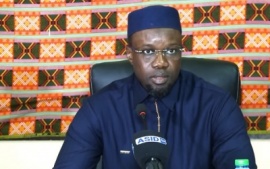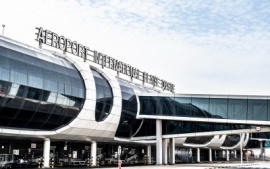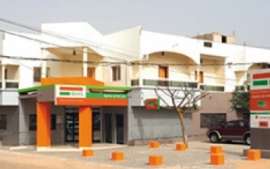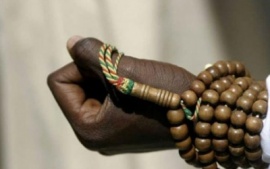
Abuja, NIGERIA - Nigeria's President Olusegun Obasanjo said in Abuja on Tuesday that the exploitation and slavery of Africans in past decades were directly linked to Africa's present economic conditions. At an address to mark the first Emancipation Day, a day of commemoration for the African diaspora, Obasanjo said that the distortions, disarticulations and underdevelopment that slavery, the slave trade and colonialism entailed, continued to complicate and compound the processes of growth and development on the African continent.
At an address to mark the first Emancipation Day, a day of commemoration for the African diaspora, Obasanjo said that the distortions, disarticulations and underdevelopment that slavery, the slave trade and colonialism entailed, continued to complicate and compound the processes of growth and development on the African continent.
The decision by African nations to designate August 1 as Emancipation Day was taken at the eighth summit of the African Union in Khartoum in January.
He said Africans must not forget that although the struggle for emancipation from slavery had been won, the struggle for emancipation from other strangleholds on black people continued.
These constraints included hunger, disease, chronic poverty, gender-based discrimination, corruption and avoidable conflicts, Obasanjo said.
"We must continue to fight against these conditions, which militate against our wellbeing and retard our progress," he stressed.
Regarding the diaspora, Obasanjo said that even when the vicious system of slavery had been formally ended, the victims continued to endure the unenviable stigma of being ex-slaves and the psychological trauma it engendered.
"Racial discrimination, segregation and xenophobia, which are three of the most-rampant international social vices of our time, have their antecedents in slavery and in the unwholesome attempt by one race to subjugate and dominate the other," he said.
The Nigerian leader added that Africans needed to build partnerships, solidarity, unity of mind and purpose, as well as transatlantic cooperation.
































0 Commentaires
Participer à la Discussion